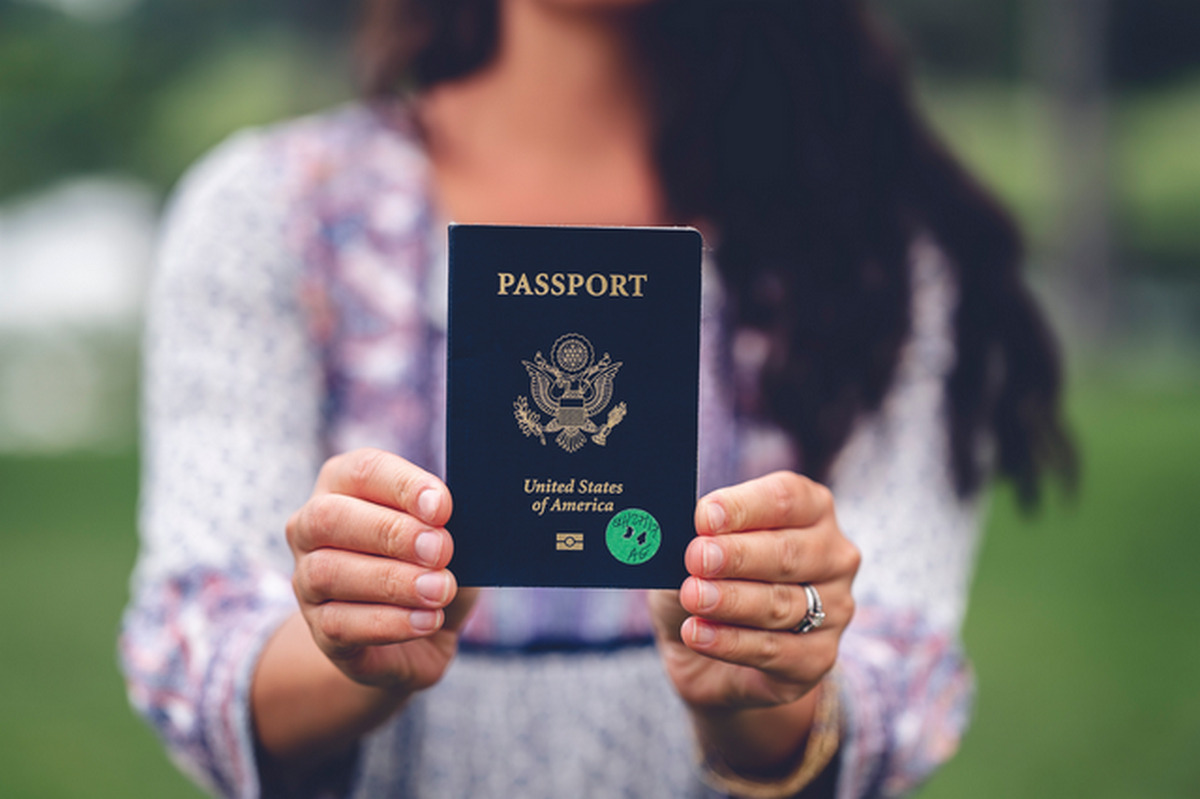
April 14, 2023
New Zealand Arrival Requirements
Before going to travel to New Zealand, it is always necessary to thoroughly check all the New Zealand arrival requirements. Without acceptable travel documents, you not be allowed to successfully cross the country’s borders.
It is mandatory to have an effective passport and complete a New Zealand Passenger Arrival Card.
You may also require a New Zealand visa or electronic travel authorization – it depends on your nationality. For example, if you are an Australian citizen, you may have some travel privileges.
It is also important to know which products and medications you cannot bring to New Zealand. Take the arrival requirements in a responsible way – and enjoy your trip without any issues.
What documents do I need upon arrival in New Zealand?
Check the list of documents for entering New Zealand:
- a passport valid for at least 3 months from the planned date of arrival;
- a New Zealand visa/NZeTA;
- New Zealand Passenger Arrival Card;
- travel insurance (recommended);
- an onward travel ticket (recommended).
New Zealand visa policy
Visa-waiver countries
Citizens of countries that have a visa-waiver agreement with New Zealand do not need to apply for a visa in order to enter the country. Instead, they should get an NZeTA – an electronic travel authorization.
A New Zealand eTA allows its holders to travel to New Zealand numerous times within the validity period, which lasts for 2 years. It is possible to stay for up to 90 days each time. However, there is an exception – UK citizens are able to stay in the country for up to 6 months.
The list of countries whose citizens can enter New Zealand without a visa is the following:
- Andorra
- Argentina
- Austria
- Bahrain
- Belgium
- Brazil
- Brunei
- Bulgaria
- Canada
- Chile
- Croatia
- Cyprus
- Czech Republic
- Denmark
- Estonia (citizens only)
- Finland
- France
- Germany
- Greece
- Hong Kong SAR
- Hungary
- Iceland
- Ireland
- Israel
- Italy
- Japan
- Korea (South)
- Kuwait
- Latvia (citizens only)
- Liechtenstein
- Lithuania
- Luxembourg
- Macau
- Malaysia
- Malta
- Mauritius
- Mexico
- Monaco
- Netherlands
- Norway
- Oman
- Poland
- Portugal
- Qatar
- Romania
- San Marino
- Saudi Arabia
- Seychelles
- Singapore
- Slovakia
- Slovenia
- Spain
- Sweden
- Switzerland
- Taiwan
- United Arab Emirates
- United Kingdom
- USA – including US Nationals
- Uruguay
- Vatican
No visa or eTA needed
If you are an Australian citizen or New Zealand citizen/resident, you don’t need to obtain a pre-arranged visa or even NZeTA – your valid passport is enough to legally cross the country’s borders.
As Australia has the Trans-Tasman Travel Arrangement with New Zealand, its citizens can enjoy exceptional facilitation concerning travel requirements.
Visa is not required for transit
If you are a transit passenger who passes through Auckland Airport in New Zealand and does not intend to leave the transit area of the airport or stay for a more extended period than 24 hours, you may be exempted from transit visa entry requirements.
Check your eligibility: you don’t need a transit visa to New Zealand if you hold an Electronic Travel Authority and are a citizen from any of these countries:
- Bahamas
- Bermuda
- Bolivia
- Colombia
- Costa Rica
- Ecuador
- Indonesia
- Kiribati
- The Marshall Islands
- Micronesia
- Nauru
- Palau
- Panama
- Papua New Guinea
- Paraguay
- Peru
- Philippines
- Samoa
- The Solomon Islands
- Thailand
- Tonga
- Tuvalu
- Vanuatu
- Venezuela
A visa is required
For the rest of the countries, a New Zealand visa is required. If you don’t have visa-free access and need to travel to New Zealand, you need to make an appointment at the nearest embassy or consulate. Make a visit, bring the required documentation, and fill out the application form.
You need a regular visa to New Zealand if you hold a passport of the countries below:
- Aland Islands
- American Samoa
- Anguilla
- Antarctica
- Aruba
- Bermuda
- Bonaire
- British Indian Ocean Territory
- British Virgin Islands
- Cayman Islands
- Christmas Island
- Cocos Islands
- Congo
- Cook Islands
- Curacao
- Falkland Islands
- Faroe Islands
- French Guiana
- French Polynesia
- Gibraltar
- Greenland
- Guadeloupe
- Guam
- Guernsey
- Isle of Man
- Jersey
- Lebanon
- Lesotho
- Martinique
- Mayotte
- Montserrat
- New Caledonia
- Niue
- Norfolk Island
- Northern Mariana Islands
- Pitcairn Islands
- Puerto Rico
- Reunion
- Saint Barthelemy
- Saint Helena
- Saint Martin
- Saint Pierre and Miquelon
- Sint Maarten
- South Georgia and the South Sandwich Islands
- Svalbard and Jan Mayen
- Tokelau
- Turkmenistan
- Turks and Caicos Islands
- Uganda
- United States Virgin Islands
- Wallis and Futuna
A traditional New Zealand visa is also necessary for citizens of visa-waiver countries if they intend to stay in the country for employment, studies, or long-term tourism.
Passenger Arrival Card
Travelers must fill out the New Zealand Passenger Arrival Card at the airport in New Zealand before passing through Passport Control/Customs. It requires visitors to provide their personal details and answer questions on immigration, biosecurity, and customs.
Currently, a New Zealand Traveller Declaration is not required. It is expected to be reintroduced in the middle of 2023 to replace the paper Passenger Arrival Card.
What you can bring into New Zealand
New Zealand bio-security regulations are pretty strict: you cannot import the majority of food products, such as meat and dairy products, fruit, and honey. You should also be extremely careful when bringing things from animal skin, footwear, tents, wood products, and fishing equipment.
Moreover, there are restrictions concerning medication. It is mandatory to declare prescription medication on the Passenger Arrival Card. Note that all codeine-containing products (including many pain-relieving medications) are considered prescription medications and must be declared.
Should you fail to comply with regulations, you can be fined of up to $100,000 or even imprisoned.
Covid-19 vaccination requirements
Now travelers do not have to provide a pre-departure test result before travel, test for COVID-19 on arrival, or prove that they are fully-vaccinated. Note that your airline or cruise provider may still request vaccination proof, so check its requirements beforehand.
However, if you have COVID-19 symptoms upon arrival, it is recommended that you take a rapid antigen test (RAT). At the airport, RATs are free. If it is positive, you should then take a PCR test.
Health Insurance
Even though it is not obligatory, it is still advisable to have health insurance when you travel to New Zealand to cover the cost of any medical treatment you may need while you are in the country.
Also, some cruise ships may refuse you to board without cruise-specific insurance. Cruise insurance should cover cruising and any activities you do on shore and countries you will visit on your cruise, as well as medical evacuations at sea.









